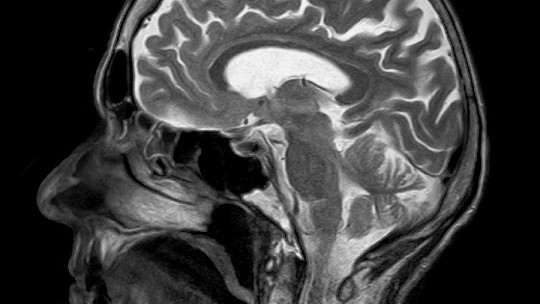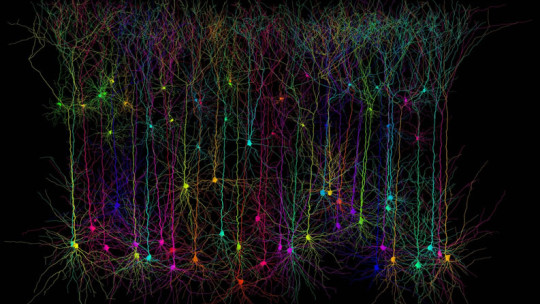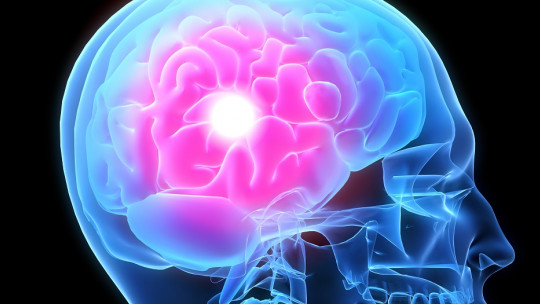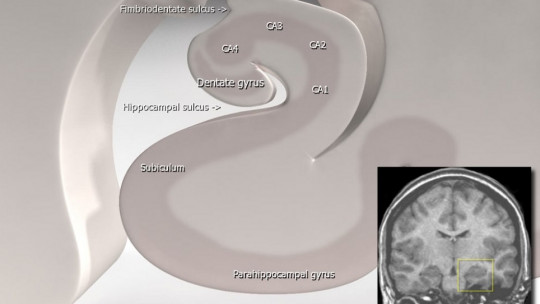
Musical memory is a fascinating phenomenon that has attracted the attention of researchers and health professionals in recent years, especially in the context of aging. As people age, it is common to experience decline in cognitive abilities, including memory. However, Musical memory appears to resist this process remarkably, raising questions about its nature and functioning..
Music, present in all cultures and eras, is not only a form of entertainment, but also a powerful vehicle for emotional expression and social connection. From childhood, we develop deep bonds with melodies and rhythms that can last throughout life. This ability to remember and enjoy music suggests that musical memory may be structured differently than other types of memory.
In this article, we will explain why musical memory also endures over time. We will analyze the foundations of musical memory, the effects of aging on memory, and the neurobiological and psychological mechanisms that contribute to the resilience of musical memory. Through this exploration, we seek to highlight the value of music in the lives of older people and its potential to enrich the quality of life..
Fundamentals of musical memory
Musical memory is a cognitive ability that allows people to remember and recognize melodies, rhythms, and song lyrics. This form of memory is unique because it involves multiple areas of the body and is based on a combination of auditory, emotional, and cognitive processes.
1. Theoretical and conceptual definition
Conceptually, Musical memory refers to the ability to store, retain, and retrieve information related to music.. This not only includes the ability to remember songs and melodies, but also the ability to identify musical patterns, recognize instruments, and remember song lyrics. This memory can be both explicit, thanks to which a piece of music is consciously remembered, or implicit, through which a melody is recognized but a conscious effort.
2. Training and processing
The formation of musical memory begins with auditory perception. When we listen to music, our brain analyzes different elements, such as pitch, rhythm, and harmony. This information is processed in various areas of the brain, mainly in the auditory cortex, which is located in the temporal lobe. As we repeatedly listen to a melody, neural connections are formed that facilitate its memory.
3. Relationship with emotions
Furthermore, musical memory is intrinsically linked to emotions. Music has the ability to evoke feelings and memories, which can strengthen the retention of musical information. The amygdala, a brain region associated with emotions, plays a crucial role in this process, helping to consolidate musical memories more effectively.
4. Difference from other types of memory
Unlike other types of memory, such as verbal memory or visual memory, musical memory tends to be more resistant to the cognitive decline associated with aging. This is due, in part, to the way musical information is organized and stored in the brain. Music activates neural networks more than can offer greater redundancy and therefore better protection against forgetting.

Effects of aging on memory
As we age, it is natural to experience various changes in our cognitive abilities, including memory. However, not all forms of memory are affected in the same way. Musical memory, in particular, is being studied for its resistance to age-related decline compared to other types of memory.
memory decline
In general, aging can cause a gradual decline in different types of memory, such as short-term memory, working memory, and episodic memory. This is due to a combination of factors, including structural and functional changes in the brain, as well as a decrease in the efficiency of cognitive processes..
For example, the prefrontal cortex, a key region for working memory and episodic memory, may experience a reduction in volume and activity with age. Additionally, changes in neurotransmitters, such as decreased dopamine, can affect the efficiency of neural communication and therefore the ability to form and retrieve memories.
Musical memory resilience
Unlike other types of memory, as we have already mentioned, musical memory seems to be more resistant to the effects of aging. Several studies have shown that older people can maintain a relatively intact ability to remember and recognize familiar melodies and songs, even in the presence of cognitive impairment in other areas.
A possible explanation, still being studied, for this resilience is that musical memory involves more distributed and redundant neural networks in the brain. While verbal memory and visual memory depend on specific areas such as the hippocampus and temporal cortex, musical memory focuses on a combination of regions including the auditory cortex, motor cortex, and emotion-related areas..
Additionally, music has the ability to evoke autobiographical memories and emotions, which appears to facilitate their retention over time. Familiar songs are often associated with significant events or periods in life, which can help keep them alive in memory.

Mechanisms that protect musical memory
As we have been commenting, musical memory stands out for its remarkable resistance to cognitive deterioration associated with age and aging. Several neurobiological and psychological mechanisms contribute to this resilience, making music a powerful tool for memory preservation in old age.
1. Activation of broad neural networks
Musical memory activates multiple areas of the brain, making it less vulnerable to the effects of aging. When we listen to music, not only the auditory cortex is activated, but also regions related to emotion, movement and language, such as the limbic system and the motor cortex.. This multifaceted activation creates a more robust neural network, meaning that even if some areas of the brain are affected by aging, others can compensate for that loss.
2. Effect of repetition and practice
Repetition and practice are essential in the formation of musical memory. Throughout life, many people have the opportunity to listen to and play music on a regular basis, which strengthens the neural connections associated with those experiences. This constant practice not only helps consolidate musical memories, but can also improve brain plasticity, allowing the brain to adapt and reorganize even in old age.
3. Emotional connections
As we have already mentioned, music is deeply linked to emotions, which makes it a powerful tool for memory. Emotions can facilitate the formation and retrieval of memories, and this is especially true of music.. Songs that evoke a significant memory or important moments in a person’s life tend to be remembered more easily.
4. Effect of music on the brain
Music is not only processed in the brain, but it can also have positive effects on brain health. Listening to music can increase the release of dopamine, which is related to pleasure and reward. This can improve mood and reduce stress, which in turn has a positive impact on memory and cognition. Additionally, music can stimulate neurogenesis, the process of forming new neurons, which can help counteract some of the effects of aging on the brain.
5. Cognitive and social stimulation
Participating in musical activities, such as playing an instrument or singing in a group, provides valuable cognitive and social stimulation. These activities not only exercise memory, but also encourage social interaction, which is essential for emotional well-being in old age. Socializing through music can reduce the risk of isolation and depression, factors that can negatively affect memory, cognition, and the aging process in general..
Conclusions
In conclusion, musical memory stands out for its notable resistance to aging, thanks to the activation of extensive neural networks, constant practice and the emotional connections it evokes. As older adults face cognitive changes, music becomes a valuable tool that not only improves memory but also promotes emotional and social well-being. Participating in musical activities can reduce the risk of isolation and depression, enriching quality of life. Thus, music is not only an art, but an essential resource for well-being in the last stage of life.









